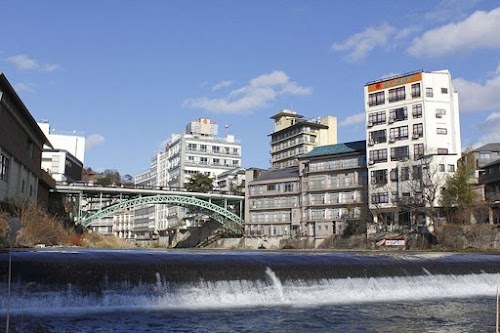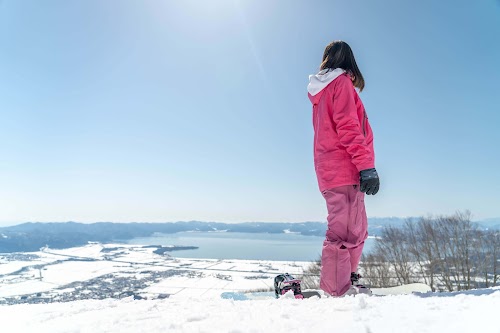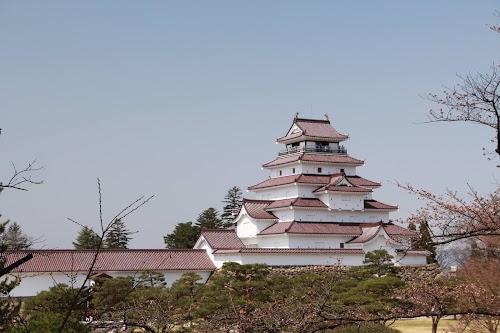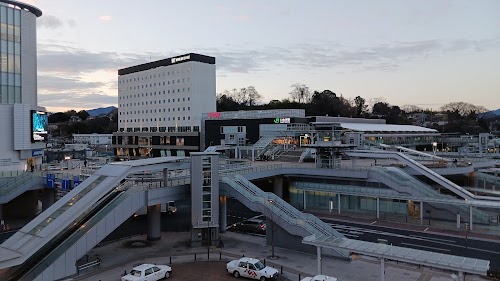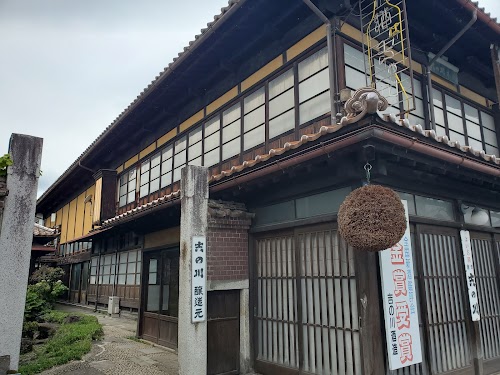Fukushima Overview
Fukushima, known for its nuclear disaster, is a prefecture in Japan that boasts beautiful natural landscapes and rich cultural heritage. The region features scenic spots like the Bandai-Asahi National Park and offers traditional experiences through local festivals and crafts. Despite its challenges, Fukushima is a symbol of resilience and recovery, drawing visitors to its hot springs and historic sites.
Fukushima Top Attractions
See AllFukushima Frequently Asked Questions
Yes, many tours in Fukushima offer English-speaking guides to help you explore the area's history and attractions. This makes visits much easier and more enjoyable, especially for those who don't speak Japanese.
Fukushima is famous for its delicious peaches and sake. Be sure to taste local dishes like Kitakata ramen and enjoy seasonal fruit if you're visiting during the harvest times!
Absolutely! Fukushima boasts numerous scenic hiking trails, especially around the Bandai-Asahi National Park. These trails cater to all skill levels and offer breathtaking views of nature and mountains.
Yes, Fukushima has a reliable public transportation system, including buses and trains that connect major attractions. Options are convenient for tourists wanting to explore the region freely.
Fukushima experiences four distinct seasons. Summers are warm, while winters can get quite cold. Spring (Cherry Blossoms) and autumn (fall foliage) are particularly beautiful times to visit.
Yes! Fukushima hosts a variety of traditional festivals, like the Aizu Wakamatsu Tsuruga-jo Matsuri in spring and the Soma Nomaoi in summer. These events are great to experience local culture and make unforgettable memories!
Definitely! Fukushima is known for its relaxing onsens. Luxurious hot spring resorts in places like Iizaka Onsen or Higashiyama Onsen provide perfect spots to unwind after a day of exploring.
Most areas in Fukushima have good cell service. Major carriers work well here, but if you're coming from abroad, consider getting a local SIM card or portable Wi-Fi for consistent connectivity.
Fukushima offers a variety of unique shopping experiences. Explore local markets for handmade crafts, regional specialties, and souvenirs that showcase the culture and produce of the area.
Yes, showing respect through polite greetings is essential. Bow when greeting others, and be mindful of removing shoes when entering homes and certain establishments to honor local customs.

